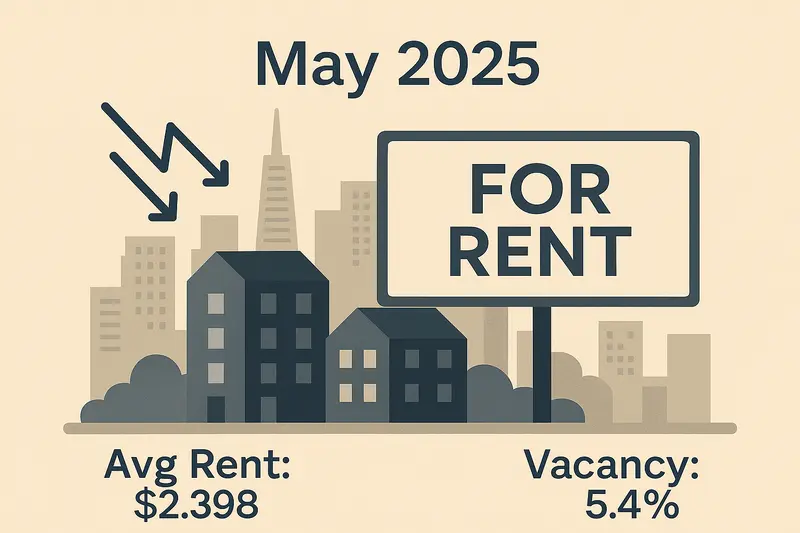Why Renting a Room in Your Home Might Trigger Zoning and Tax Rules
Question
Answer
Renting out part of your home can be a smart way to generate extra income, but it’s not as simple as posting a listing online. Local regulations, insurance coverage and tax laws all play a role in determining whether you can legally lease a room or finished basement in your U.S. residence.
Here are the key factors to consider before you welcome tenants:
- Zoning and HOA restrictions. Many cities and homeowner associations limit residential rentals by type or duration. Check your municipal code or HOA covenants for rules on accessory dwelling units (ADUs), maximum occupancy and minimum lease terms.
- Mortgage and title consent. If you have a home loan or live in a planned community, your lender or title insurer may require written approval before renting out any portion of the property.
- Homeowner’s insurance. Standard policies often exclude tenant-related liability. You’ll likely need a landlord or dwelling fire endorsement to cover property damage and injury claims arising from renters.
- Lease agreement. Use a written contract that spells out rent amount, security deposit, permitted uses, maintenance responsibilities and house rules. This protects both you and your tenant.
- Safety compliance. Install smoke and carbon monoxide detectors, verify that all bedrooms meet egress requirements and ensure fire extinguishers are accessible.
- Income taxes. Rental income must be reported on Schedule E (or Schedule C for short‑term rentals). Under IRS Publication 527, you can deduct a pro‑rata share of mortgage interest, property taxes (average U.S. rate ≈1.07 % of assessed value), utilities and repairs. Note the 14‑day rule: if you rent for fewer than 15 days total per year, that income is tax‑free.
- Occupancy and lodging taxes. Cities may impose a local lodging tax (often 5–14 % of rent) on short‑term stays under 30 days. Register with your state or city tax authority to collect and remit these fees.
Beyond financial and legal requirements, think about shared‐space logistics: privacy, internet usage, parking and common‑area access. A clear house manual can help prevent misunderstandings and maintain a positive rental experience.
By understanding these zoning, insurance and tax considerations up front, you’ll avoid unexpected fines, coverage gaps or IRS audits. Remember, it’s advisable to consult a licensed attorney or real estate agent familiar with local laws before signing a lease or advertising your space.


